Bachelor of Arts in Humanities


The Bachelor of Arts in Humanities is the result of the merger of the School of Political Science and the School of International Relations. This collaboration offers students a unique academic experience . It combines a cross-disciplinary analysis of global phenomena with an informed understanding of societal issues.
What’s more, this program offers an exceptional opportunity to join a cosmopolitan class taught entirely in English. Multiculturalism frees students from an exclusively Western perspective.
They question themselves and develop their critical thinking skills, pushing them out of their comfort zone. An immersion that enriches the issues studied and promotes universal understanding.
The Bachelor of Arts in Humanities is designed for students who want to take part in the reconfiguration of this rapidly changing world. They acquire the skills they need to progress and specialize in their fourth and fifth years of higher education.
Ideal training for :
The Bachelor’s degree develops a multitude of interrelated skills , through disciplines such as law, political science, international relations, geopolitics (crime, religions) and languages.
This multi-disciplinary approach fosters a finer understanding of international current affairs , and enables us to master three languages. It also helps to cultivate the open-mindedness and intellectual agility required to move from one methodology to another. This diversity of backgrounds is what makes our students so rich. It prepares them to enter a specialized master’s program with confidence, and to take the first steps towards their professional future.
Our program is built around the following technical and operational skills :
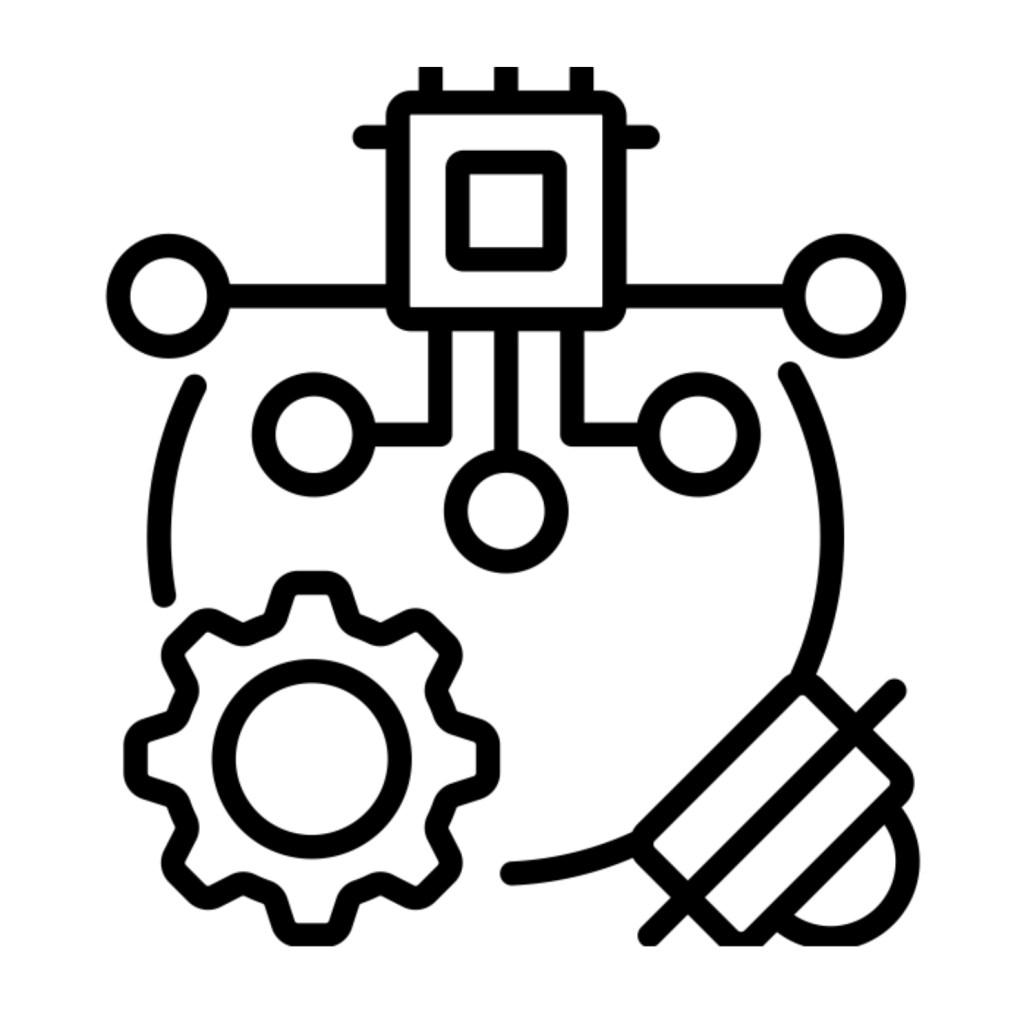
Technical skills
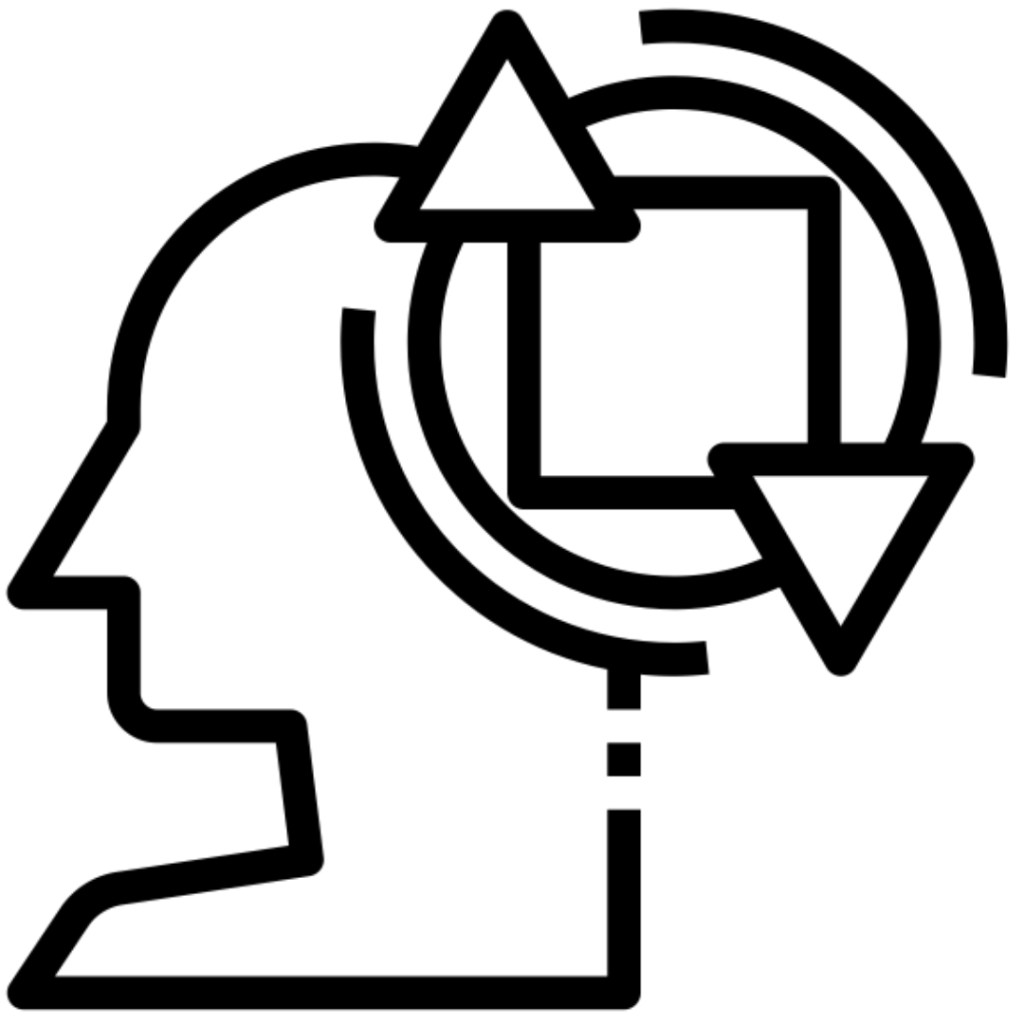
Methods
Be able to steer transformations using new project management and Design Thinking methodologies.
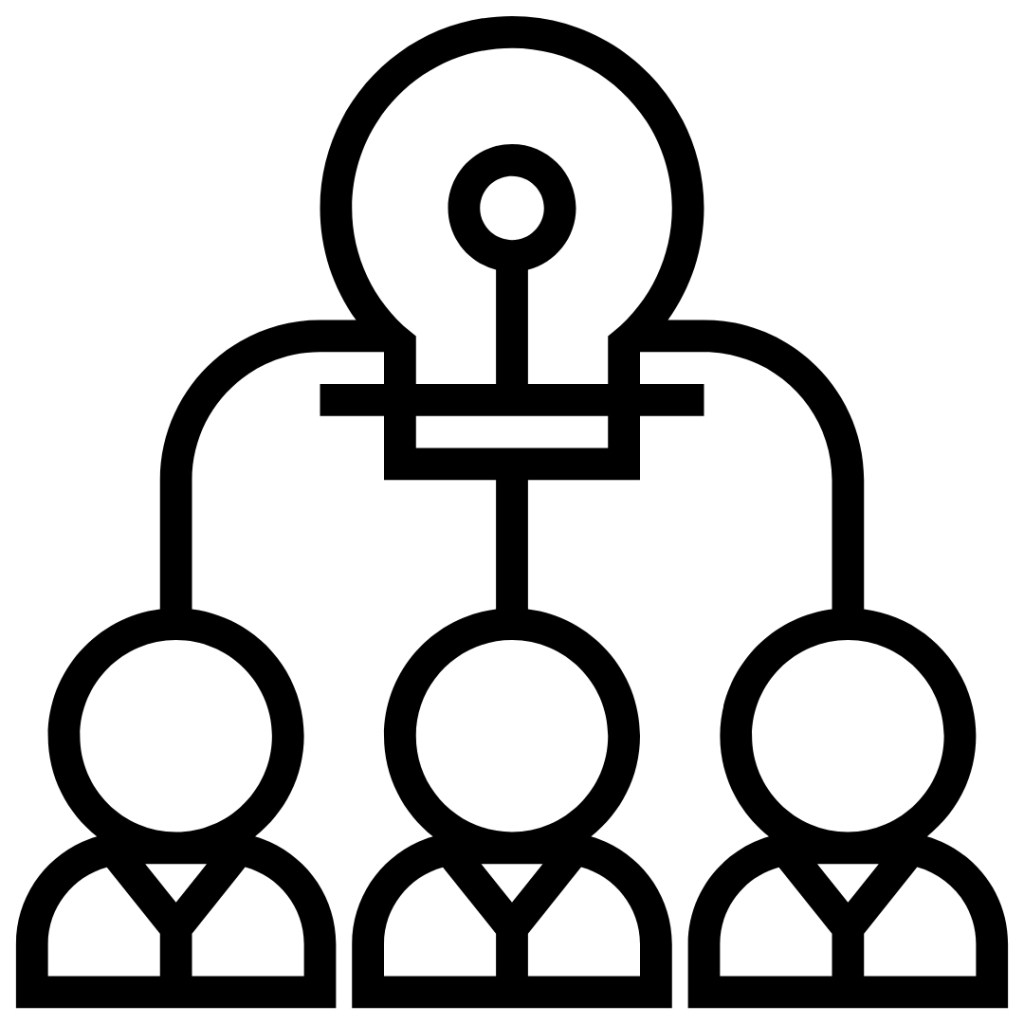
Humanities
Know how to manage a project team by mobilizing socio-relational skills to encourage collaborative work and the co-construction of public digital transformations, which can only succeed through commitment and collective intelligence.
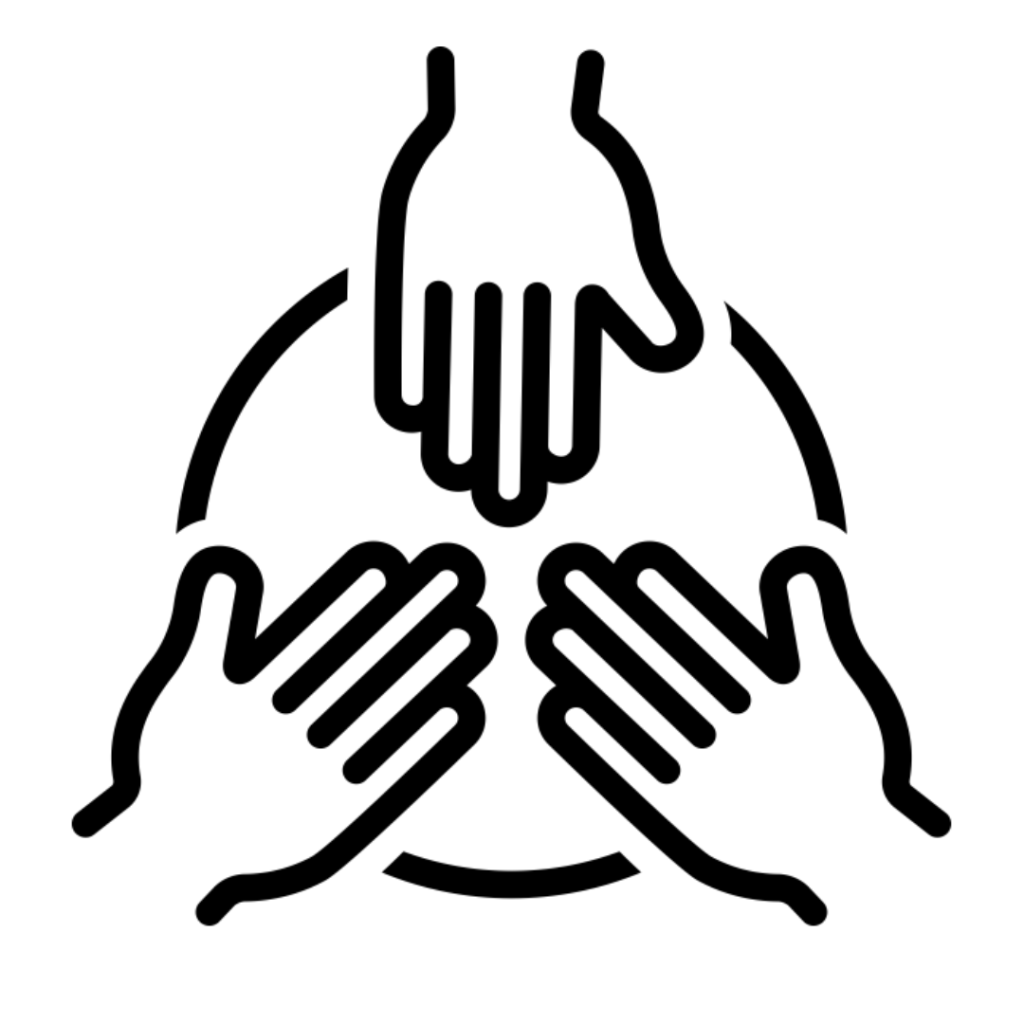
Associative Life
In addition, the training is based on the mastery of several languages to facilitate communication once in the world of work.
MAIN COURSES
The teaching offered is structured into 7 Pedagogical Teaching Units (UEP) over 3 years:
Objectives :

Objectives :

Opening in September 2025

TEACHING UNITS* DETAILS
*The content of the teaching units is valid for the start of the 2024/2025 school year and may be reviewed annually.
This course leads to a “Bachelor of Arts in Humanities” certificate issued by HEIP.
ECTS credits (European Credits Transfer System).
These credits validate a student’s skills and level of higher education, based on the workload required to achieve the program objectives, which are defined in terms of the knowledge and skills to be acquired.
Each year of higher education earned 60 ECTS credits, recognized throughout Europe.
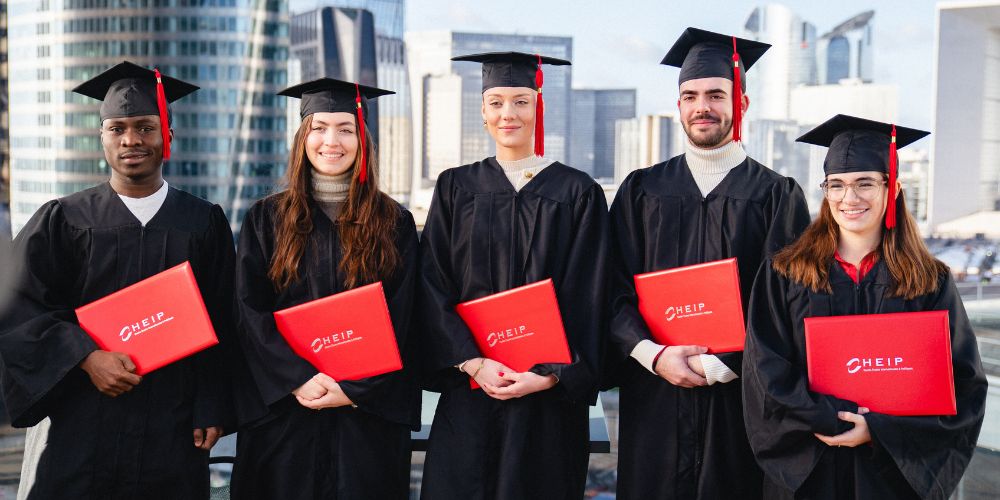

Teaching methods
Our conviction: only a systemic approach, theory confronted with the practicality of field experimentation, and the sharing of real-life experience, guarantee a powerful learning experience.

Format of learning modalities :

Assessment methods :

Each semester, students are supported in :

Practical details
For the 2024-2025 academic year.
The program will be delivered at our Paris campus.
20-30% of courses can be delivered remotely and/or asynchronously.
RELEVANT PROFILES
Post-baccalaureate or Bac +2 students who are curious about the world around them and have a perfect command of spoken and written English.
Students are assessed on their interest in current affairs, national and international politics, and their ability to express themselves. We also value hard-working, committed students.
ACCESS CONDITIONS
New students wishing to enroll in the Bachelor’s program must submit an application form pass admission tests (written and oral) and meet the prerequisites. Candidates receive their test results 4 weeks after presenting their file to a jury. All the details are explained on the Bachelor’s admissions page.
Hold a diploma equivalent to the highschool level or a post-highschool qualification.
Knowledge of English is required and will be assessed during a 30-minute interview. For other languages, students can start at beginner level.
It is recommended to maintain the choice of the second language (LV2) throughout the cycle, in order to reach a sufficient level to communicate in a professional context.

PER YEAR
TUITION FEES
Year 1
Year 2
These rates are valid for the start of the 2024/2025 school year and may be reviewed annually.

All our speakers are lecturers or experts in their field.
They all have at least 5 years’ higher education and 3 to 5 years’ professional experience. Find out more about our faculty.

PARIS CŒUR DÉFENSE 2
82 Esplanade du Général de Gaulle
92934 Paris La Défense – France

The HEIP admission process is accessible to people with physical disabilities since the competition is 100% online.
For people with invisible or mental disabilities, the admission teams may adapt the tests.
All HEIP campuses (Paris, Lyon, Bordeaux and London) are accessible to people with reduced mobility.
OMNES Education’s CSR approach

Le Bachelor of Arts in Humanities résulte de la fusion de son école de Sciences Politiques et de son école des Relations internationales. Cette collaboration offre aux étudiants une expérience académique unique. Elle allie ainsi une analyse transversale des phénomènes mondiaux avec une compréhension éclairée des questions de société.
En outre, ce cursus représente une opportunité exceptionnelle d’intégrer une classe cosmopolite où l’enseignement est entièrement dispensé en anglais. Par la multiculturalité, les étudiants s’affranchissent d’une perspective exclusivement occidentale.
Ils se remettent en question et développent leur pensée critique, les poussant ainsi à sortir de leur zone de confort. Une immersion qui enrichit les problématiques étudiées et favorise une compréhension universelle.
Le Bachelor of Arts in Humanities s’adresse à tout étudiant désireux de prendre part à la reconfiguration de ce monde en pleine mutation. Ils acquièrent les compétences nécessaires pour progresser et être en mesure de se spécialiser en quatrième et cinquième années d’études supérieures.
Une formation idéale pour :
Le Bachelor développe une multitude de compétences étroitement liées, au travers de disciplines telles que le droit, les sciences politiques, les relations internationales, la géopolitique (criminalité, religions) et les langues.
Cette approche pluridisciplinaire favorise une compréhension plus fine de l’actualité internationale et permet la maîtrise de trois langues. Elle contribue également à cultiver une ouverture d’esprit et une agilité intellectuelle, indispensable pour passer d’une méthodologie à une autre. Cette pluralité d’acquis constitue la richesse de nos étudiants. Elle les prépare ainsi à intégrer sereinement un master spécialisé et à toucher du doigt leur avenir professionnel.
Notre programme s’articule autour des compétences techniques et opérationnelles suivantes :

Compétences Techniques

Méthodes
Être en mesure de piloter les transformations grâce aux nouvelles méthodologies de gestion de projet et de Design Thinking.

Humanités
Savoir manager une équipe projet en mobilisant les compétences socio-relationnelles pour favoriser le travail collaboratif et la co-construction des transformations numériques publiques, qui ne peuvent réussir que par l’engagement et l’intelligence collective.

Vie Associative
D’autre part, la formation s’appuie sur la maîtrise de plusieurs langues de manière à faciliter la communication une fois dans le monde du travail.
ENSEIGNEMENTS PRINCIPAUX
L’enseignement proposé est structuré en 7 Unités d’Enseignement Pédagogiques (UEP) sur 3 ans :
Objectifs :

Objectifs :

Ouverture en septembre 2025

DETAILS DES UNITES D’ENSEIGNEMENT*
*Le contenu des unités d’enseignement sont valables pour la rentrée 2024/2025 et susceptible d’être revu annuellement
Cette formation délivre un Certificat d’Etablissement «Bachelor of Arts in Humanities» délivré par HEIP
Crédits ECTS (European Credits Transfer System) ou Système européen de transfert et d’accumulation de crédits.
Ces crédits valident les compétences et le niveau d’éducation supérieure d’un étudiant, basé sur la charge de travail qu’il doit réaliser afin d’atteindre les objectifs du programme qui se définissent en termes de connaissances et de compétences à acquérir.
Chaque année d’études supérieures validée permet d’obtenir 60 crédits ECTS, reconnus en Europe.


Méthodes pédagogiques
Notre conviction : seuls l’approche systémique, la théorie confrontée au concret de l’expérimentation sur le terrain et le partage d’expériences incarnées, garantissent une expérience d’apprentissage forte.

Format des modalités d’apprentissage :

Modalités d’évaluation :

Chaque semestre, les étudiants sont accompagnés dans :

Modalités pratiques
Pour l’année universitaire 2024-2025.
Le programme sera dispensé dans notre campus de Paris.
20 à 30% des cours peuvent avoir lieu en distanciel et/ou asynchrone.
PROFILS CONCERNES
Etudiants post-bac ou Bac +2 curieux du monde qui les entoure et maîtrisant parfaitement l’anglais à l’oral et à l’écrit.
Lors des épreuves d’intégrations, les étudiants sont évalués sur leur intérêt pour l’actualité, la politique nationale et internationale, ainsi que leur capacité à s’exprimer. Nous valorisons également les étudiants assidus et impliqués.
CONDITIONS D’ACCES
Les nouveaux étudiants qui souhaitent intégrer le Bachelor, devront constituer undossier de candidature, passer des épreuves d’admission (écrit et oral) et répondre aux prérequis. Le candidat obtient les résultats des épreuves 4 semaines après avoir présenté son dossier devant un jury. Tous les détails sont expliqués dans la page Admission en Bachelor.
Être titulaire d’un diplôme équivalent au baccalauréat ou d’un titre post-bac.
La connaissance de l’anglais est exigée et sera évaluée lors d’un entretien de trente minutes. En ce qui concerne les autres langues, les étudiants peuvent commencer au niveau débutant.
Il est recommandé de maintenir le choix de la deuxième (seconde si uniquement deux langues) (LV2) tout au long du cycle, afin d’atteindre un niveau suffisant pour communiquer dans un contexte professionnel.

PAR ANNÉE
FRAIS DE SCOLARITÉ
Année 1
Année 2
Ces tarifs sont valables pour la rentrée 2024/2025 et susceptibles d’être revus annuellement.

Tous nos intervenants sont maîtres de conférences ou experts dans leur domaine.
Ils justifient tous d’un niveau Bac+5 et de 3 à 5 ans d’expérience professionnelle au minimum. En savoir plus sur notre corps professoral.

PARIS CŒUR DÉFENSE 2
82 Esplanade du Général de Gaulle
92934 Paris La Défense – France

Le process d’admission à HEIP est accessible aux personnes en situation de handicap physique puisque les épreuves d’admission peuvent être réalisées 100% en ligne.
Pour les personnes en situation de handicap invisible ou mental, les équipes d’admission pourront adapter les épreuves.
Tous les campus d’HEIP (Paris, Lyon, Bordeaux, Rennes et Londres) sont accessibles aux personnes à mobilité réduite.
Démarche RSE du Groupe OMNES Education
